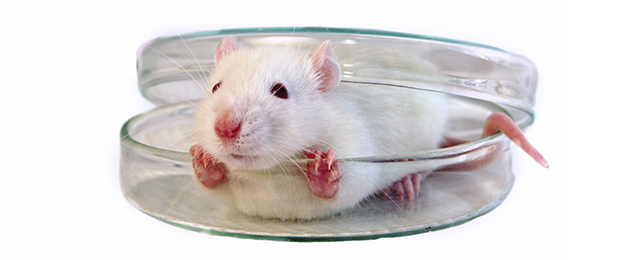The European citizens’ initiative, “Stop vivisection”, which calls for “a ban on using animals as biological models of humans for scientific purposes”, collected 1.2 million signatures. The petition “calls for the use of more reliable and very often more economical alternative methods to collect data for humans”.
In response to this initiative, the European Parliament allocated two hearings to listen to experts. Three Nobel Prize Winners for Medicine, John O’Keefe, May-Britt Moser and Françoise Barré-Sinoussi requested the use of rodents in research and declared their support for vivisection.
Conversely, American physician Ray Greek is opposed to animal experiments, pointing out that “animals (…) are not a reliable model for man” and emphasising “the very few cases in which successful rodent therapy has been successfully extrapolated to man”. German Green MEP, Martin Häusling, stressed the suffering of animals and invited researchers to “investigate other promising approaches not involving animals”.
Ivan Balansard, veterinary surgeon and head of the CNRS assignment, nevertheless pointed out that “only a minority of the scientific community actually supports the ‘stop vivisection’ initiative” and that, “overall, the majority is against banning animal experiments, especially in such a radical manner”. As far as he is concerned, scientists should ideally comply with the EU 2010 Directive which “regulates the use of animals in scientific research and guarantees a high level of well-being”. They should also work together to introduce “a policy of transparency” in order to offset “a shortage of information (…) which paves the way for any number of fantasies”.
The European Commission will announce its position regarding the “Stop vivisection” initiative on 3 June 2015.
Interviewed by Le Monde, Carlos Moedas, European Commissioner for Research, Science and Innovation commented as follows on the hearings held at the European Parliament: “I have listened carefully to these debates. Science must provide the basis for a public decision, taking citizens’ comments into account. With this in mind, last week I announced a new scientific advisory unit for the Commission to replace the former senior scientific advisory board. This new structure will draw on the vast range of scientific expertise available in Europe (universities and organisations, etc.) and will be co-ordinated by a group of highly qualified, independent scientists”.
Le Monde(20/05/2015)

